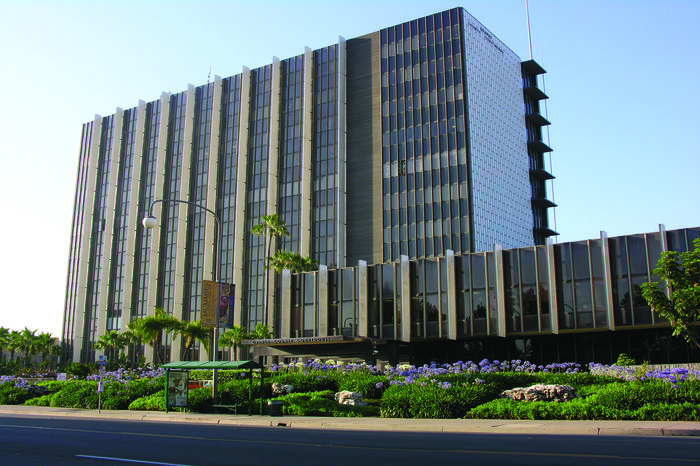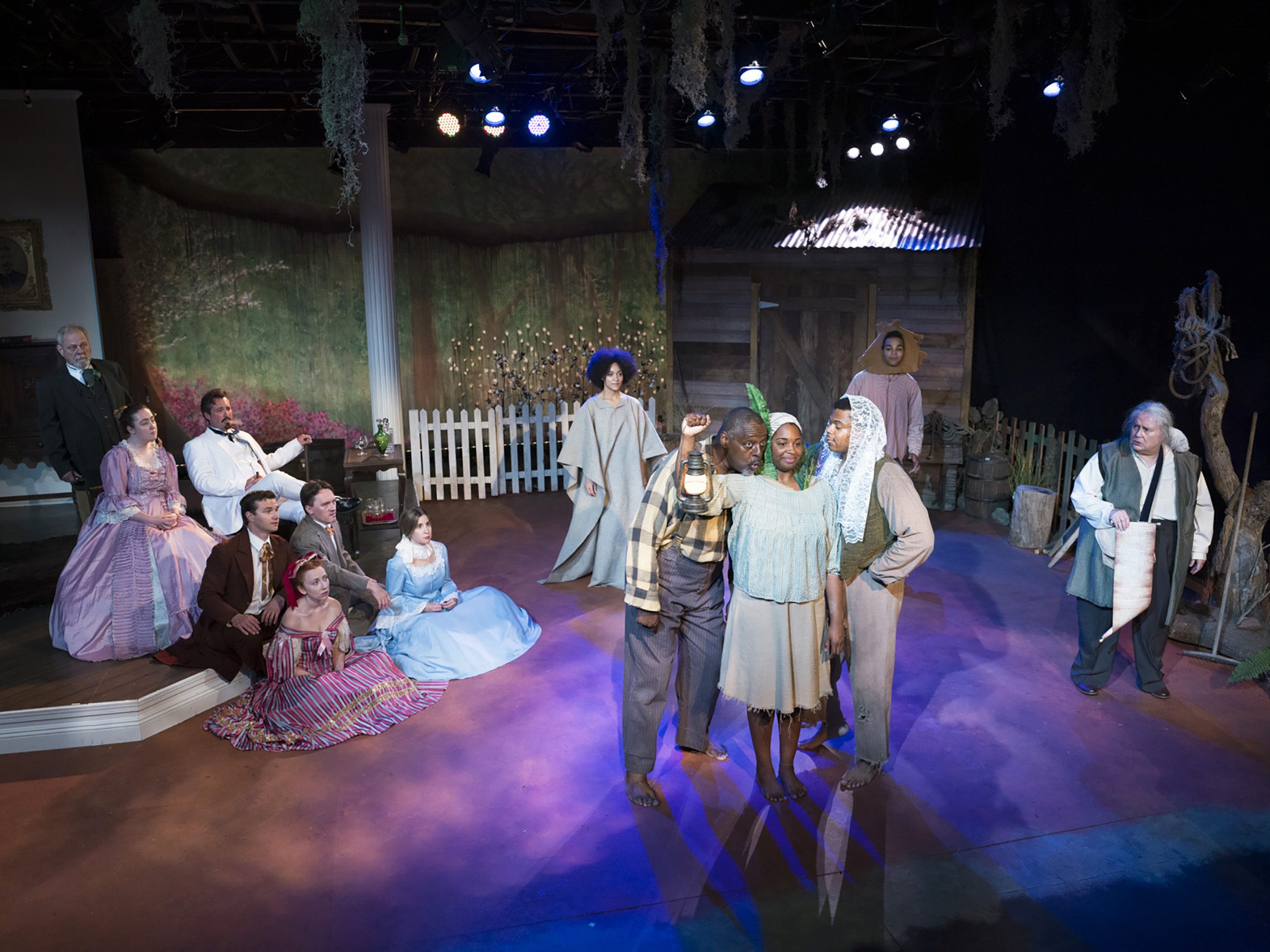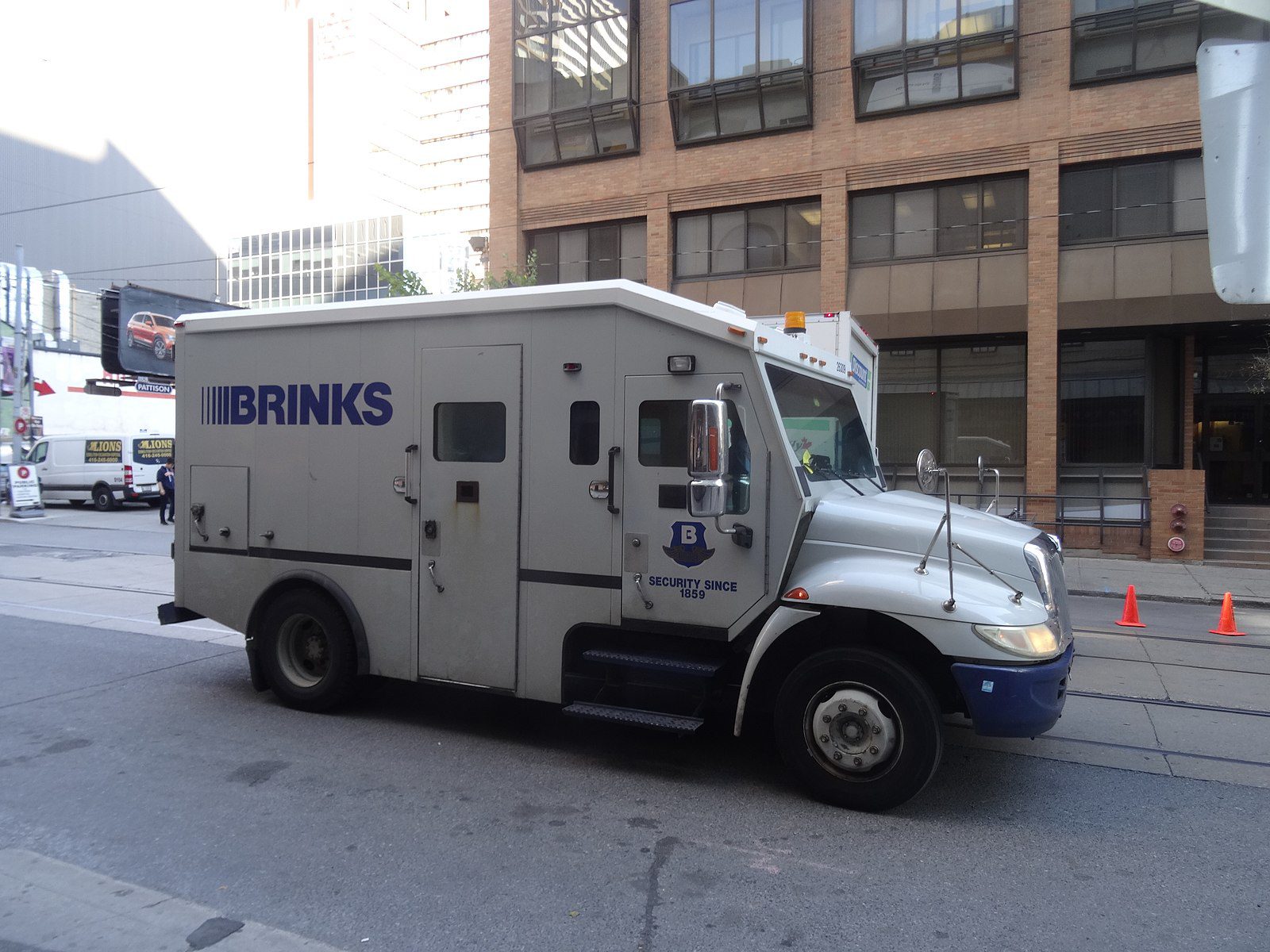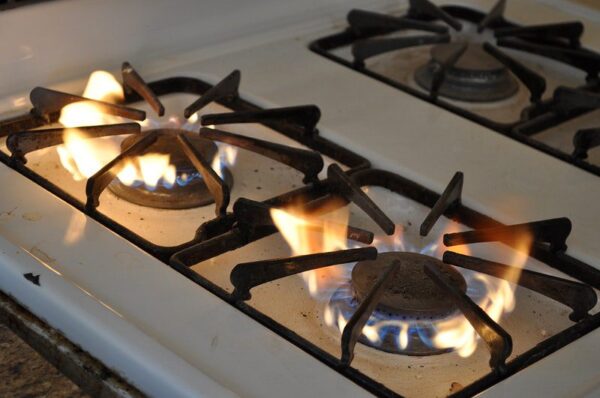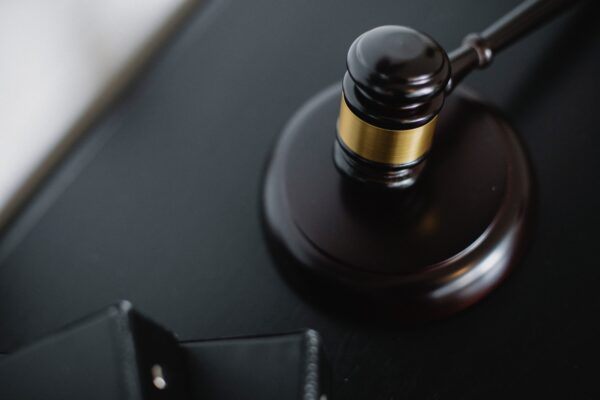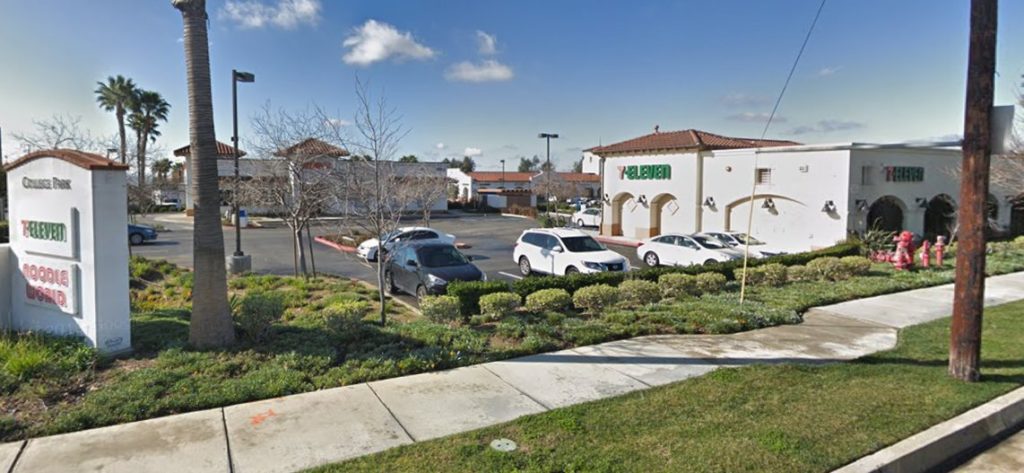Judges for the state Commission on Judicial Performance Monday recommended no discipline for an Orange County Superior Court judge accused of misconduct when he was a prosecutor in the case of a Los Angeles County sheriff’s deputy killed in a crash.
Judge Mike Murray was accused of withholding potentially exculpatory evidence from defense attorneys in the case against Cole Wilkins, who was convicted of triggering a crash that killed Deputy David Piquette on July 7, 2006.
When the commission meets Oct. 19-20, it will consider the recommendations from the special masters who heard evidence in the case in April and May. A final ruling is expected sometime after that.
“This was a complicated matter, raising an issue of first impression,” the special masters wrote in a recommendation.
The judges concluded that attorneys representing the commission did not “demonstrate by clear and convincing evidence certain factual allegations leveled against Murray. To the extent the examiners did prove certain factual allegations, those facts do not support, as a matter of law, the examiners’ assertion that Murray either committed conduct prejudicial to the administration of justice that brings the judicial office into disrepute or improper action within the meaning (of the law).”
Murray initially won a first-degree murder conviction against Wilkins on a legal theory that the death occurred while he was committing another felony. Wilkins had failed to tie down stolen furniture in a pickup truck, causing a stove to fall off the truck in the middle of the Riverside (91) Freeway, triggering a series of collisions that ultimately killed Piquette.
Wilkins was sentenced to 26 years to life, but the case was eventually overturned on appeal due to a technical legal error. Following another trial, Wilkins was convicted of second-degree murder, but justices from the Fourth District Court of Appeal reduced it to involuntary manslaughter.
Before the retrial, Wilkins’ attorneys raised the issue of the California Highway Patrol destroying and altering police reports that included differing opinions about the cause of the crash.
Other motorists collided with the stove before Piquette swerved to avoid it and slammed into a big-rig truck loaded with cement that jack-knifed and flipped over, landing on top of the deputy’s car, crushing the victim to death.
The special masters acknowledged the legal twists and turns of the case and the age of some of the evidence and recollection of the witnesses. But the special masters said the attorney presenting the case against Murray failed to deliver on various accusations.
For instance, it was suggested that former Orange County District Attorney Tony Rackauckas leaned on then-prosecutor Larry Yellin, now an Orange County Superior Court judge, to file a murder case against Wilkins.
“There are at least two problems with this theory,” the special masters wrote. “First, Yellin’s testimony does not support this theory. Yellin testified that Rackauckas believed the facts supported a felony murder theory, but he wanted certainty. Yellin left his meeting with Rackauckas, conducted appropriate research, and then concluded that a murder charge could be filed. There is no indication that Rackauckas intimidated Yellin into filing a murder charge.”
The special masters also noted that all of that happened five to six months before the case was assigned to Murray.
“The (attorneys) made no connection between the Rackauckas/Yellin meeting and how it pertains to Murray’s conduct in the prosecution of Wilkins,” the special masters wrote. “Yellin and Murray both testified that they never discussed the prior conversations between Rackauckas and Yellin.”
According to the documents, some CHP investigators believe that a motorist is always at fault if they strike an object on a freeway, while others said it depends on the circumstance. That was at the heart of the dispute over the cause of the Piquette collision.
Murray testified during the hearing that he felt Yellin had charged the case “appropriately.” He also testified it was not uncommon for police officers to disagree with a prosecutor’s filing decision in a case.
Wilkins’ attorney for the first trial, Joseph Vodnoy, at sentencing sought a continuance based on allegations that police reports were altered.
Murray conceded that the altered police reports should have been provided to the defense, but he didn’t learn about it until attorneys for the Orange County Public Defender’s Office started representing Wilkins years later after the defendant’s conviction was overturned by the state Supreme Court.
The special masters wrote that the prosecution team did ultimately violate Wilkins’ rights under the Brady law governing what evidence is turned over to the defense. But the CHP was also part of the prosecutorial team and the special masters did not find that Murray willfully violated the defendants’ rights.
Murray said he asked Wilkins’ attorney for the information they have so the District Attorney’s Office could investigate and “she refused.” The office did start its own investigation and provided the information to defense attorneys, and by then Murray was walled off from the case.
When the case came back from the state Supreme Court, Murray made a few appearances in court on the case and then had significant back surgery that laid him up for an extended period.
The commission’s attorney, Mark Lizarraga, argued that Murray “makes absolutely no inquiries (on the claims of changed police reports) during the time period of January 2011 through July 2015.”
Lizarraga also noted that former Orange County Superior Court Judge Thomas Goethals, now an appellate justice, sanctioned the District Attorney’s Office and removed Murray and Yellin from further involvement in the Wilkins prosecution.
Lizarraga said in his opening statement of the trial that CHP officers violated their own policies by changing the original patrol officer’s report.
Retired CHP Chief Steven Beeuwsaert testified at the hearing that he launched internal affairs reviews based on the altered reports in the Wilkins case as well as allegations of a fixed ticket for an Anaheim Ducks player at the time in 2008.
Beeuwsaert testified that he called Murray to tell him about the allegations regarding the altered report and Murray told him that it didn’t matter because the prosecutor believed the stove caused the crash.
Beeuwsaert said “the command was failing” in the Santa Ana CHP office at the time. Beeuwsaert said he couldn’t remember Murray’s name, but that he eventually figured it out when he found a declaration he made in a whistleblower claim against Beeuwsaert linked to the Wilkins case.
The special masters said there was no evidence Murray knew of the alleged Brady material before July 2015. They also noted that Murray was open to considering a delay in sentencing, but he wanted Vodnoy to put his allegations in writing, which he did not do.
The fact that Vodnoy did not follow through “supports our finding that Murray did not act in bad faith,” the special masters wrote.
The special masters also found that “Murray’s demeanor in these proceedings was calm and professional. He was not argumentative or defensive when asked about allegations that, if proven, would have been a stain on his reputation as a judge. His testimony was logical and credible.”
The special masters also noted multiple witnesses, including Orange County Superior Court Presiding Judge Erick Larsh, testified that Murray is “fair, even-handed, professional, thoughtful, calm and conscientious.”

